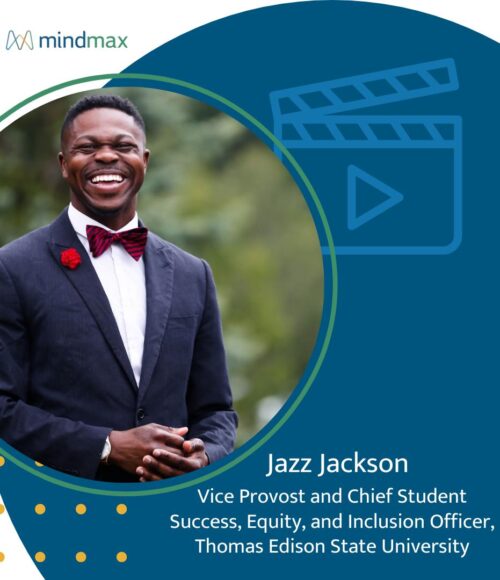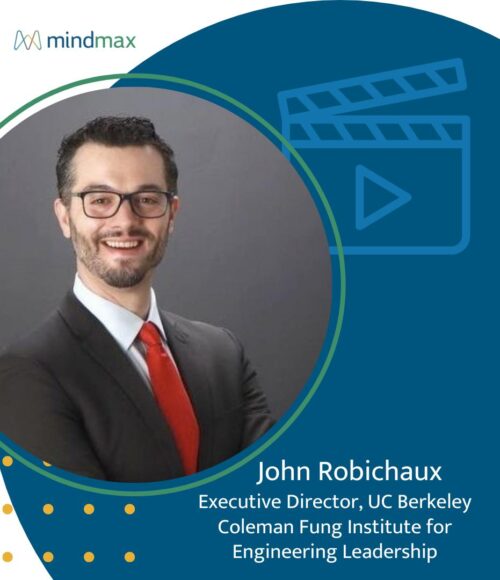The Gig Economy is Here to Stay—What Does That Mean for Higher Ed?

The Gig Economy is Here to Stay—What Does That Mean for Higher Ed?
Note: This piece is part three of a multi-part blog series on alternative pathways in higher education. If you haven’t already read the first two pieces, you can find them here and here.
Part one of this series presented the idea that the pathway to higher education is no longer a cross-country trip on a series of highways leading to a clear destination. Today, many people are choosing to explore the back roads, pursuing alternative pathways like microcredentials, badges, and PLAs.
Fortunately, there are opportunities for higher education to adapt to this current landscape and play a significant role in supporting people through all of the pathways to learning. One potentially unexpected pathway this series hasn’t touched on yet relates to the rise of the gig economy.
The Gig Economy Offers Flexibility, Autonomy, and Work-Life Balance
People’s attitudes toward work are much different now than they were a few decades ago. It’s no longer the norm for a person to stay in the same 1-2 jobs for their whole career. Today’s workers desire more flexibility, autonomy, and work-life balance than traditional full-time jobs typically offer.
The gig economy, defined as “a labor market characterized by flexible, temporary or freelance jobs, as opposed to permanent, full-time work,” is a sensible pathway to achieving those goals.
Statistics show that 80% of gig workers are satisfied with their work, and 65% of gig workers earn more freelancing than they did with traditional employment—two indicators that this modern approach to work is likely here to stay.
How Higher Ed Can Support Gig Workers
When people hear the term “gig worker,” they often think of platforms like Uber, DoorDash, or Taskrabbit. The kinds of jobs associated with these platforms require training that is largely outside the realm of higher education. But the gig economy encompasses a wide range of professionals that do freelance and contract work: electricians, health technicians, IT professionals, financial planners, and food service workers all participate in the gig economy.
Just like full-time employees, gig workers seek opportunities to improve their current skills and learn new ones. As freelancers and contract workers, they know that specific credentials, licenses, and certifications can help them stand out in a crowded market. If you’re a homeowner looking for an electrician on Angi (formerly Angie’s List), are you going to select the one with more or fewer credentials? Exactly.
Many colleges and universities have the resources to offer educational programs that target gig workers interested in earning credentials, licenses, and certifications. The question is how to reach these learners. One potential entry point is aligning with professional associations.
Upskill Gig Workers by Aligning with Professional Associations
Project managers, human resources managers, licensed electricians—these are a few examples of jobs linked with professional associations that serve as hubs for gig workers with similar profiles and needs. In partnership with professional associations, schools can develop programs that allow workers to upskill as needed.
Many professional associations require members to hold certain credentials. So, a good first step (and an easy shortcut) is to identify what those credentials are. Financial planners seek Certified Financial Planner™ certification, project managers seek PMI® certification, IT workers seek CompTIA certification, and so on and so forth.
Schools can then vet the programs based on their own criteria: which fields offer the greatest training opportunities; which fields are most in need of training; which fields best align with the school’s current capabilities; etc. From there, it’s a matter of partnership: building relationships with the appropriate professional associations and working with them to develop training programs that are easily accessible to learners.
The good news is that your school doesn’t have to do this work alone. MindMax can help you evaluate whether an opportunity is worth pursuing. Then, our higher education marketing experts can work shoulder to shoulder with your team and the professional association to enroll learners and get them the training they need. Contact us today to explore a partnership!
Related Ideas
Jazz Jackson Wants to Help Every Student Finish What They Start

John Robichaux Wants Lifelong Learning to Drive Public Impact
